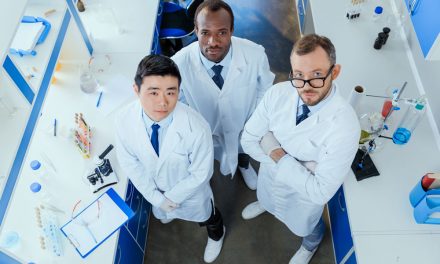There are different stages in the production of pharmaceutical products. Namely, they are: research and development, conversion of natural substances to bulk pharmaceuticals, and the formulation of the final products. Each stage has its own procedures, which will be analyzed in this article. Knowing the stages is important for scientists & their pharmaceutical consultants to implement solutions on a regular basis.
Each of the stages mentioned above can in turn be divided into their own unit operations. Research and development is highly regulated and is therefore the longest stage in the production of a new pharmaceutical product.. In this area can be found clinical and pre-clinical research and development, new drug application review, and post marketing verification. In the pre-clinical stage, new compounds are tested on animals, to determine safety. This is normally a stage that is completed in several years, depending on the product. After these tests, an Investigational New Drug Application has to be submitted to the FDA (Food and Drug Administration) to be able to start testing the drug on humans.
Next, follows the clinical research and development stage in which drugs are progressively efficacy tested on human.,. The first stage involves determining the new drug’s safety, then its effectiveness, and later further confirmation of both, plus a detailed look at its adverse reactions. This stage also takes on average about six years to be completed. After this step, the new drug has to be approved for marketing, and the FDA monitors its safety. The manufacturer will then seek ways of delivering the drug to the public at large.
Chemical synthesis, extraction, fermentation or the combination of these processes produce bulk pharmaceutical substances. The chemical synthesis involves reaction, separation, crystallization, purification, and drying. This process is used to produce stimulants of the central nervous system, hormones, antihistamines, and cardiovascular agents. The extraction is used to separate different liquid mixtures: enzimes, digestive aids, insulin, and anti-cancer drugs are extracted from natural substances. Antibiotics steroids and rDNA products are produced by fermentation and/or Cell Culture.
After these stages comes the final stage, the formulation of the final products; this ensures that the substances are manufactured into usable forms, such as tablets, liquids, creams, aerosols, patches, injectable doses, and so on. The final stage is important to deliver the drug to the public in some way that the final user can consume. All along these projects, pharmaceutical consultants will assess the company to determine the best way to carry along the processes and ensure quality and stay within budget.




